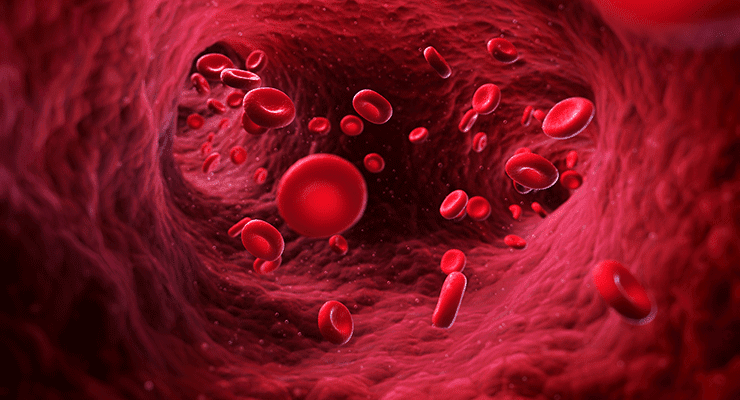The Biomedical Advanced Research and Development Authority (BARDA), part of the U.S. Department of Health and Human Services’ Office of the Assistant Secretary for Preparedness and Response, has awarded $46.6 million in contract options to Cerus Corporation in support of a treatment system which helps ‘clean’ pathogens from blood.
Cerus’ INTERCEPT Blood System is a pathogen reduction technology designed to reduce the risk of transfusion-transmitted infections by inactivating a broad range of pathogens such as viruses, bacteria, parasites, and leukocytes that may be present in donated blood. Pathogen reduction treatment of blood components offers the opportunity to improve national emergency preparedness for epidemic and endemic blood-borne pathogens such as Zika, dengue, and chikungunya, and to further protect patients undergoing routine care, especially in regions with rapidly emerging epidemic pathogens.
The newly released funding includes support for a ‘ReCePI’ Phase III acute anemia study and commercial scale-up activities.
“The allocation of additional options, coupled with recent FDA feedback on the dossier of clinical data required for a possible future red cell PMA submission, confirm our next steps forward for INTERCEPT red blood cells (RBCs) in the U.S.,” said Dr. Richard Benjamin, Cerus’ chief medical officer. “Importantly, funds have now been allocated to support our planned Phase III ReCePI study, which is designed to evaluate the efficacy and safety of INTERCEPT RBCs to treat acute anemia in cardiovascular surgery patients.”
In addition to funding the proposed Phase III ReCePI study, the newly exercised options include support for a clinical study in the UK to evaluate the efficacy and safety of INTERCEPT red blood cells in patients undergoing exchange transfusion for sickle cell disease. This tranche of funding also allocates funds toward the development of the INTERCEPT RBC System design to enable expanded use and manufacturing scale up of key components.
The total value of the full five-year contract is up to $186 million, subject to funding of additional contract options, and provides non-dilutive funding to support a comprehensive development program for the pathogen reduction of RBC components in the U.S. Funding allocated to date, including the latest tranche, totals $88.4 million. Previously allocated funds are already supporting the Phase III RedeS trial to assess the safety and efficacy of INTERCEPT RBCs compared to conventional RBCs in regions at risk for the Zika virus.
This contract is being funded in whole or in part with federal funds from the Department of Health and Human Services’ Office of the Assistant Secretary for Preparedness and Response, Biomedical Advanced Research and Development Authority under Contract No. HHSO100201600009C.
INTERCEPT pathogen reduction technology for platelets and plasma has been used in Europe for over 10 years as a safety measure to reduce the risk of transfusion-transmitted infections in platelet and plasma components, and was in routine use in French Polynesia and the French West Indies during the Zika outbreak in 2013-2014. Cerus received FDA approvals for the INTERCEPT Blood System for platelets and plasma in December 2014, and the system is now in routine use in a number of blood centers across the United States. INTERCEPT was approved for platelets and plasma in Brazil in December 2015.
INTERCEPT and INTERCEPT Blood System are trademarks of Cerus Corporation.



